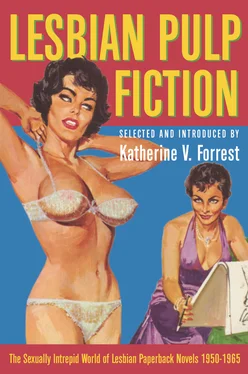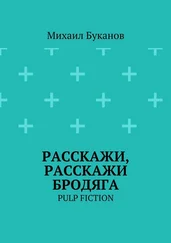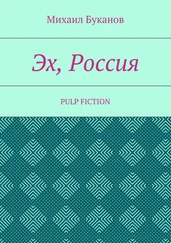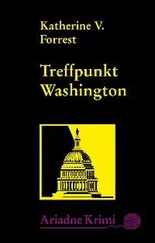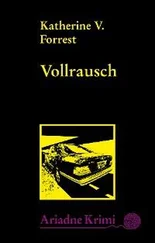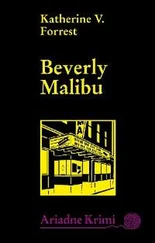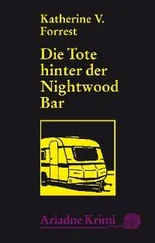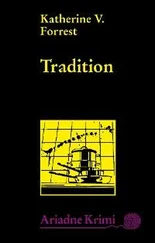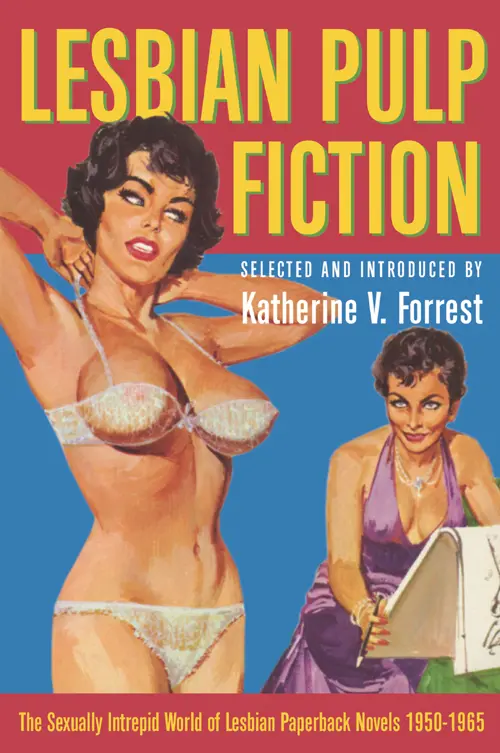
KATHERINE V. FORRESTis the author of fifteen novels, including the lesbian classic Curious Wine , the lesbian-feminist utopian trilogy that began with Daughters of a Coral Dawn , and the Kate Delafield mystery series, winner of two Lambda Literary Awards. She has edited numerous anthologies, and her stories, articles, and reviews have appeared in publications worldwide. She was senior editor at Naiad Press for ten years, and continues to edit and teach classes on the craft of fiction. She lives with her partner in San Francisco.
The Sexually Intrepid World of Lesbian Paperback Novels 1950-1965

www.spice-books.co.uk
Before you start reading, why not sign up?
Thank you for downloading this Mills & Boon book. If you want to hear about exclusive discounts, special offers and competitions, sign up to our email newsletter today!
SIGN ME UP!
Or simply visit
signup.millsandboon.co.uk
Mills & Boon emails are completely free to receive and you can unsubscribe at any time via the link in any email we send you.

For Ann Bannon with gratitude that has no bounds nor adequate words

The James C. Hormel Gay and Lesbian Center in the beautiful main branch of the San Francisco Public Library is a national treasure, and a must destination for gay and lesbian visitors to San Francisco. My profound thanks to Jim Van Buskirk, Program Manager of the Hormel Center, for his invaluable assistance, advice, and encouragement, and to the staff of the San Francisco History and Special Collections Department for their kindness, patience, exemplary cooperation, and good humor during my many visits to their sixth floor domain.
To my partner Jo, who has shared so many adventures with me, especially this one.
To the pioneers I was privileged to consult with personally and to come to know during the process of putting this collection together: Julie Ellis (Joan Ellis) and Sally Singer (March Hastings).
To the pioneer I have had the great joy of knowing and calling my friend over the past two decades, Ann Bannon.
To the wonderful women of Cleis Press, Frédérique Delacoste and Felice Newman, pioneers in their own right. When they invited me on this journey I never dreamed it would be so emotion-laden a rediscovery and reinterpretation of my own past.
To the researchers whose diligent and loving work made my path so much smoother, many of whom are mentioned in the bibliography. I must single out these three: Jeannette Foster for her vital Sex Variant Women in Literature (Vantage Press, 1956), Jane Rule for Lesbian Images (Doubleday, 1975) and Barbara Grier for her truly indispensable The Lesbian in Literature (Naiad Press, 1981).
To the contributors to this collection: thank you on behalf of myself and the thousands of women whose lives you helped, for coming into our lives with your words when we most needed you.
Cover
About the Author
Title Page
Dedication
Acknowledgments
Introduction
Tereska Torres: Women’s Barracks
Vin Packer: Spring Fire
Anne Herbert: Summer Camp
Sloane Britain: These Curious Pleasures
Joan Ellis: The Third Street
Randy Salem: Chris
Artemis Smith: The Third Sex
Valerie Taylor: The Girls in 3-B
Valerie Taylor: Return to Lesbos
Miriam Gardner: The Strange Women
Dorcas Knight: The Flesh Is Willing
Kay Martin: The Whispered Sex
Fay Adams: Appointment in Paris
Brigid Brophy: The King of a Rainy Country
March Hastings: Three Women
Shirley Verel: The Dark Side of Venus
Della Martin: Twilight Girl
Paula Christian: Edge of Twilight
Paula Christian: Another Kind of Love
Ann Bannon: Beebo Brinker
Ann Bannon: I Am a Woman
Jill Emerson: Enough of Sorrow
Bibliography
Endpage
Copyright
A lesbian pulp fiction paperback first appeared before my disbelieving eyes in Detroit, Michigan, in 1957. I did not need to look at the title for clues; the cover leaped out at me from the drugstore rack: a young woman with sensuous intent on her face seated on a bed, leaning over a prone woman, her hands on the other woman’s shoulders.
Overwhelming need led me to walk a gauntlet of fear up to the cash register. Fear so intense that I remember nothing more, only that I stumbled out of the store in possession of what I knew I must have, a book as necessary to me as air.
The book was Odd Girl Out by Ann Bannon. I found it when I was eighteen years old. It opened the door to my soul and told me who I was. It led me to other books that told me who some of us were, and how some of us lived.
Finding this book back then, and what it meant to me, is my touchstone to our literature, to its value and meaning. Yet no matter how many times I try to write or talk about that day in Detroit, I cannot convey the power of what it was like. You had to be there. I write my books out of the profound wish that no one will ever have to be there again.
Having lived through this era, in all these years afterward I was certain that I knew in general outline an early literature so very close to me. What I understood of the paucity and the aridity of lesbian literature was the impetus for my own first novel, Curious Wine . Yet in compiling this collection, I discovered the range of our early books and some wonderful, revealing, ongoing scholarship about them. We had more books than I knew, better books than I had thought, and some of them were by writers of international reputation.
I grew up in the post-war 1950s, an idyllic world if you were a straight white male or if you were naïve enough to believe TV’s idealistic “Leave It to Beaver” image of the average American family. It was 1960 when I discovered the seedy lesbian bars of Detroit, when I found my community and came of age. The birth control pill had just been introduced into the United States; it was a mere nine years after our first lesbian and gay organization, the Mattachine Society, had begun in Los Angeles; and five years after Daughters of Bilitis, our first national lesbian organization, had formed in San Francisco. According to the American Psychological Society, I was sick. According to the law, I was a criminal.
From the beginning of the ’50s, popular fiction increasingly reflected the hypocrisy of the times. Tereska Torres’s Women’s Barracks was released in 1950 by Fawcett Gold Medal Books, one of the first books to be published in the brand new paperback format. A publishing sensation, it ushered in what is today termed the golden age of pulp fiction, an era of books so inexpensively produced and priced so low that, as Ann Bannon has said, “You could read them on the bus and leave them on the seat.”
Читать дальше
